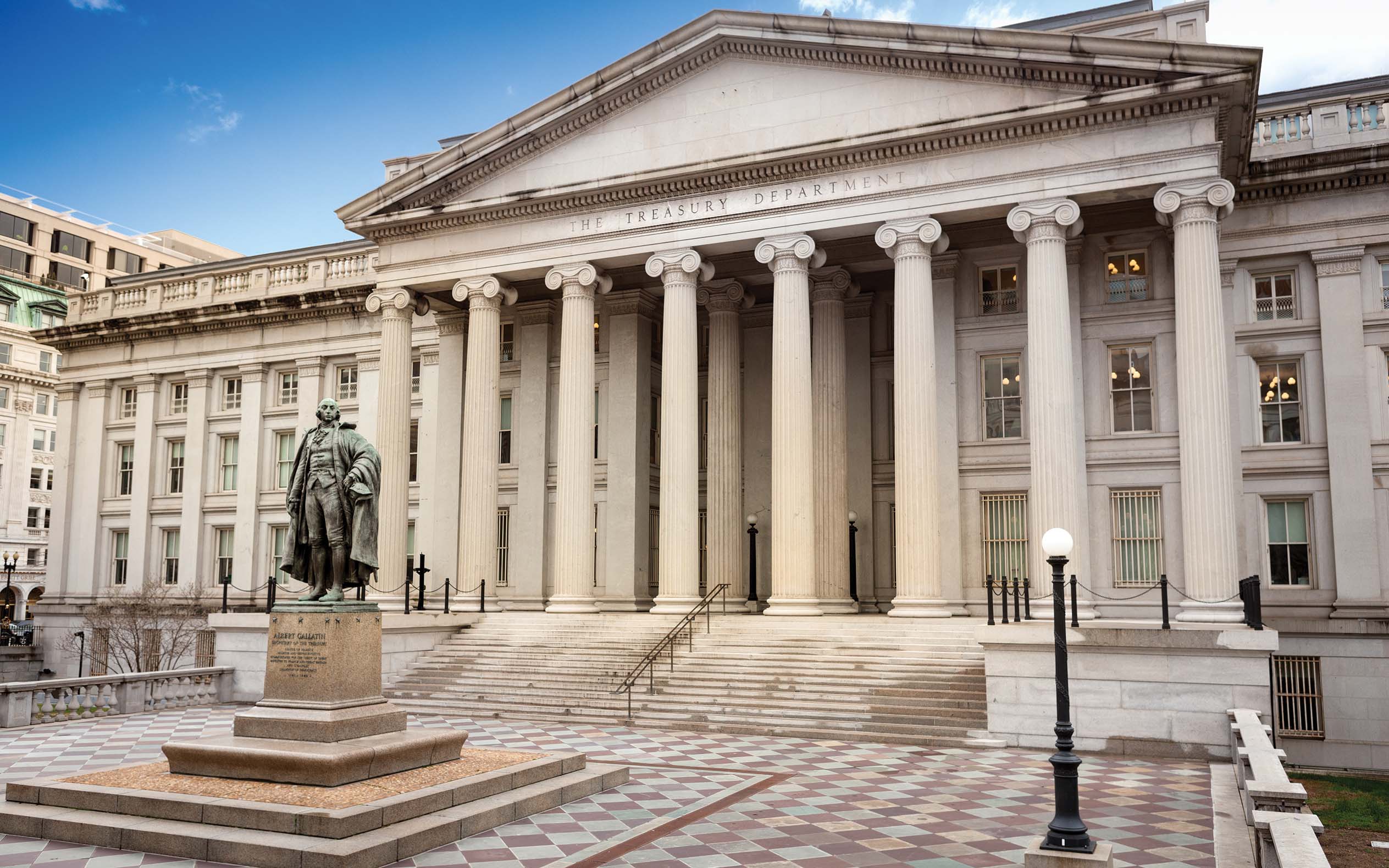Master accounts are a notable part of the traditional financial institution’s ecosystem, but nontraditional financial companies like crypo-native institutions and nonbanks are gunning for access. See why community banks are keen to protecting such accounts.
Kari Mitchum: It Matters to Community Banks Who Has Master Accounts
0725 Fed 2k
July 01, 2025 / By Kari Mitchum
Master accounts are a notable part of the traditional financial institution’s ecosystem, but nontraditional financial companies like crypo-native institutions and nonbanks are gunning for access. See why community banks are keen to protecting such accounts.
The automated clearing house network supported more than 33 billion secure direct deposits and direct payments in 2024, to the tune of roughly $86 trillion, according to Nacha, which governs the system alongside the Federal Reserve. This volume has fueled efforts by nonbank entities to obtain access to Federal Reserve master accounts—industry settlement accounts that are traditionally limited to depository institutions that are highly regulated and pose limited risk to the banking system.
Given ICBA’s ongoing efforts to preserve access for community banks and to restrict efforts by riskier nonbank entities to establish master accounts, understanding what master accounts are and who has access to them will remain a key policy issue for our industry in the coming years.
About master accounts
The two ACH operators—the Federal Reserve’s FedACH and The Clearing House’s Electronic Payments Network—act as central clearing facilities. At a fundamental level, they receive batches of payment instructions from originating depository financial institutions (ODFIs) and route them to the correct receiving depository financial institutions (RDFIs). These behind‑the-scenes activities are often forgotten or even taken for granted, yet they remain crucial underpinnings for most digital financial transactions in the United States, affecting everything from payroll to bill payments and e-commerce.
Unfortunately, this makes federal master accounts a target for novel charters that want to take part in a system that was designed for highly regulated, traditional financial institutions. Crypto-native institutions, nonbank fintechs and certain state-chartered trusts might seek master accounts that support more direct fund management and settlement.
Concerns with nonbank access
Quick Stat
33.6B
The number of secure direct deposits that the ACH network supported in 2024
Source: Nacha
ICBA has repeatedly raised questions about novel entities seeking access to master accounts, noting the importance of protecting the integrity and stability of the U.S. financial system. In a 2023 letter to the Federal Reserve Board of Governors, we laid out our view that access should be limited to funds that flow through regulated insured depository institutions to maintain a financial system that is real, safe and stable.
“Access to reserve accounts provides extraordinary benefit for financial institutions being able to clear and settle transactions in the central bank without concern for liquidity or credit risk,” ICBA said. “Transparency is strongly needed regarding those seeking access to master accounts, not those who have master accounts.”
ICBA has consistently reiterated this message to lawmakers and to the courts. In two separate friend-of-the-court briefs filed in the U.S. Court of Appeals for the Ninth and Tenth Circuits, our association explained that novel state-chartered institutions, including special-purpose depository institutions, are not subject to the comprehensive regulation applicable to federally regulated community banks.
ICBA has urged the courts to reject arguments from novel charters that they are entitled, on a no-questions-asked basis, to federal master accounts. Instead, ICBA has informed the courts that stripping Federal Reserve banks of their discretion regarding master account access would undermine the safety and soundness of the federal reserve services and the federal reserve system.
Congressional stablecoin debate
This issue has also been a hot topic in Congress over the last few years as lawmakers have considered legislation to establish a regulatory framework for stablecoin issuance. Nonbank stablecoin issuers have sought to hold reserves in the central bank, which requires master account access. As Congress considers stablecoin legislation, ensuring the legislation does not grant nonbank stablecoin issuers access to Federal Reserve master accounts continues to be a top priority of ICBA.
As ICBA has repeatedly told lawmakers, master account access is a privilege reserved for highly regulated, insured depository institutions subject to rigorous and comprehensive federal supervision and examination. The price of accessing a master account is and must remain bank-equivalent regulation, supervision and examination to preserve the integrity of the payments system.
Ongoing efforts to safeguard the financial system
Federal Reserve master accounts are integrated into most banks’ everyday business activities, operating in the background to process the vast majority of interbank transactions and offering legitimacy to financial services providers. Facilitated by master accounts, the direct relationship with the Fed is a cornerstone of financial stability and provides a secure and reliable mechanism for interbank settlements.
As ICBA continues engaging on these issues, we urge you to keep up with the news on master accounts and novel entities and explain to your lawmakers their importance to community banks and the regulated financial system. At ICBA, our goal is to continue limiting who has master account access to only those institutions that meet our financial services sector’s highest standards, all in the name of protecting the safety of the U.S. banking system.
Subscribe now
Sign up for the Independent Banker newsletter to receive twice-monthly emails about new issues and must-read content you might have missed.
Sponsored Content
Featured Webinars
Join ICBA Community
Interested in discussing this and other topics? Network with and learn from your peers with the app designed for community bankers.
Subscribe Today
Sign up for Independent Banker eNews to receive twice-monthly emails that alert you when a new issue drops and highlight must-read content you might have missed.
News Watch Today

Join the Conversation with ICBA Community
ICBA Community is an online platform led by community bankers to foster connections, collaborations, and discussions on industry news, best practices, and regulations, while promoting networking, mentorship, and member feedback to guide future initiatives.












